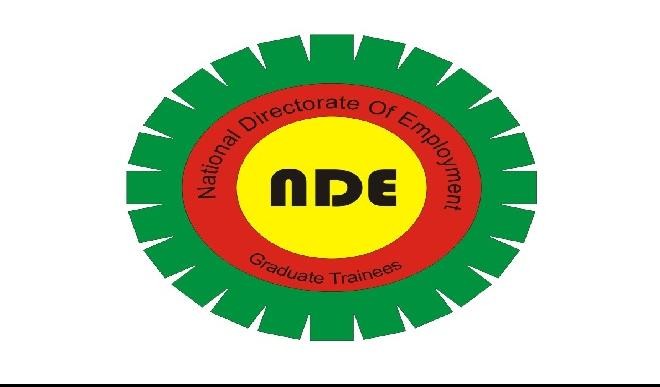Skills for job: NDE trains 2,325 on skill acquisitions
The National Directorate of Employment (NDE) said 2,325 women and youth have graduated from its “Skills for Job Training of Youth Employment and Social Support Operation”. Lawan Musa, NDE’s Communication officer, in a statement, said nine-month training exposed the beneficiaries to life skills, sector specific skills, and entrepreneurship skills to effectively manage their enterprises. Trainees, […]


The National Directorate of Employment (NDE) said 2,325 women and youth have graduated from its “Skills for Job Training of Youth Employment and Social Support Operation”.
Lawan Musa, NDE’s Communication officer, in a statement, said nine-month training exposed the beneficiaries to life skills, sector specific skills, and entrepreneurship skills to effectively manage their enterprises.
Trainees, he said, were also placed on six-month internship with private sector operators.
The programme training, a World Bank-assisted project, was implemented in Bauchi, Cross River, Ekiti, Kogi, Kwara, Niger and Oyo states. It was aimed at increasing youth access to employment opportunities, he said.
“The skills for job training aims to enhance trainees’ psycho-social behaviours and norms to assist in their future engagement, and help them obtain good knowledge of demand driven skills that concretely prepare them for jobs in either public or private establishments,” Musa said.
In a bid to encourage inclusive growth and development, 66 beneficiaries in Ekiti State were provided Starter-pack items to establish their micro-businesses.
Musa quoted NDE’s Director General, Dr. Nasiru Mohammed Ladan as commending the timely intervention of Ekiti State Government to provide tools and equipment to the beneficiaries.
The gesture, according to him, would help inject another 66 micro-enterprises to the economy of the state.
The World Bank Task Team leader, Prof Foluso Okunmadewa hailed Ekiti state and NDE for diligently implementing the project.
He charged beneficiaries to stay committed to the dictates and requirements of the programme in order to harvest the promised fruitfulness which is sustainable job and welfare improvement.
